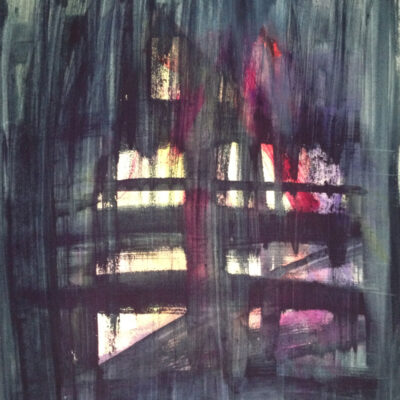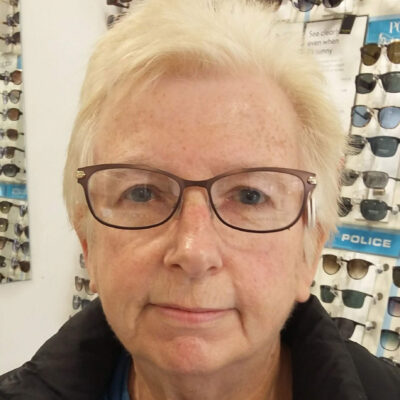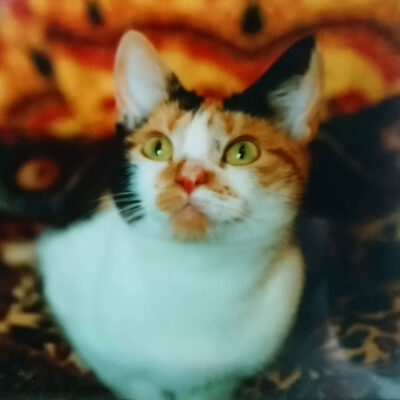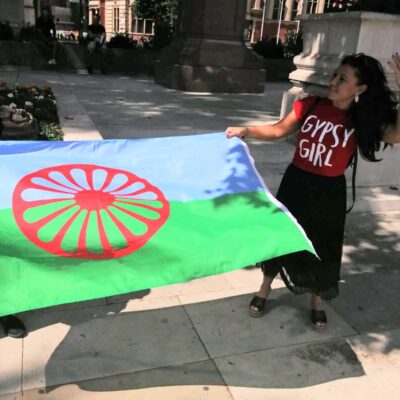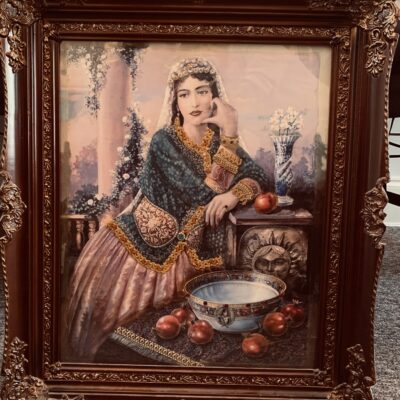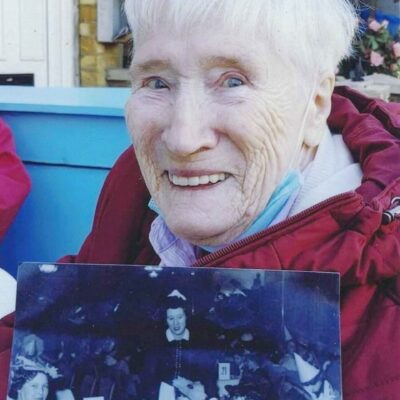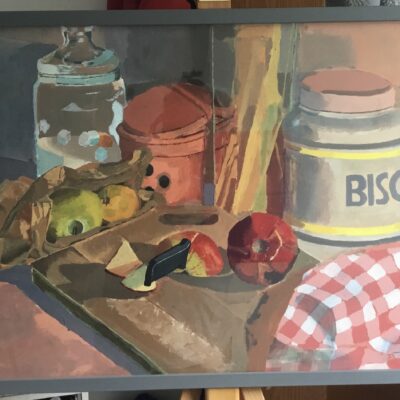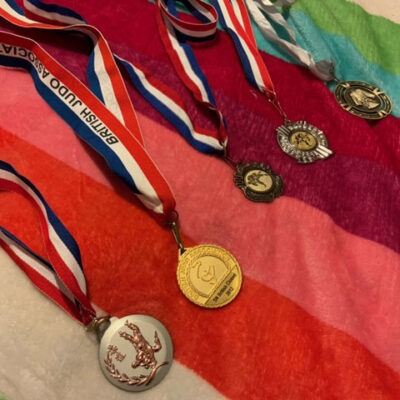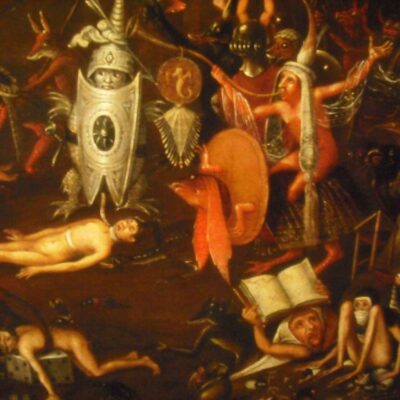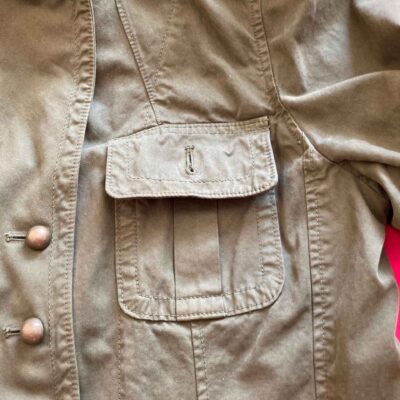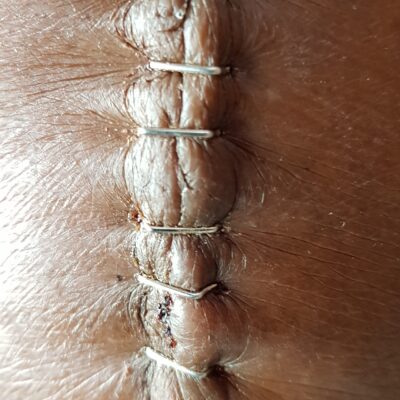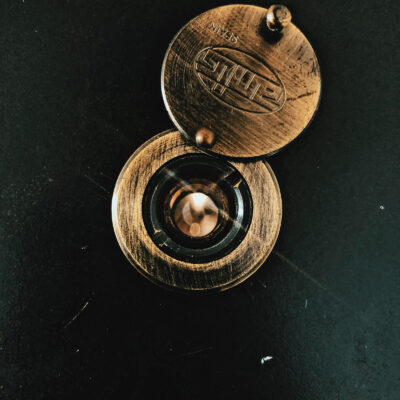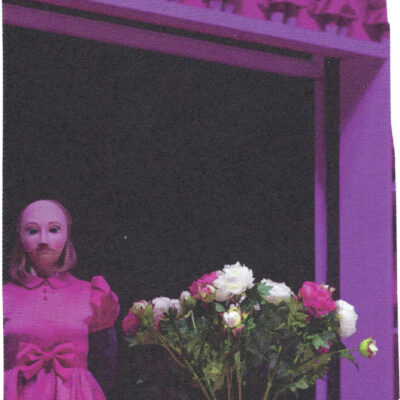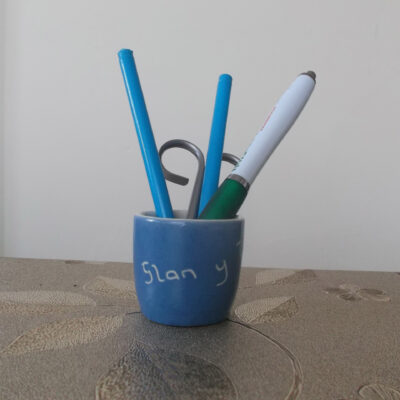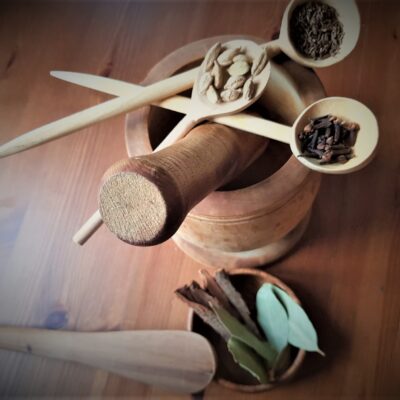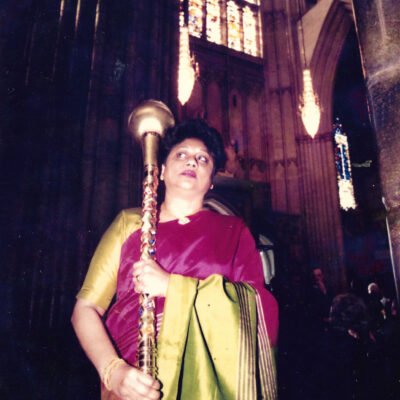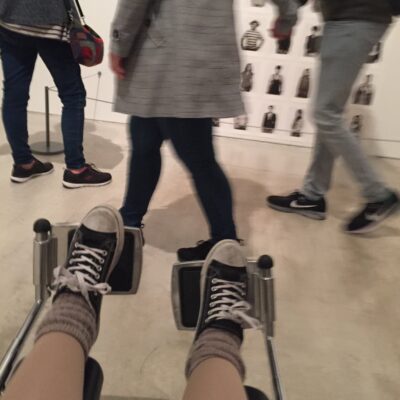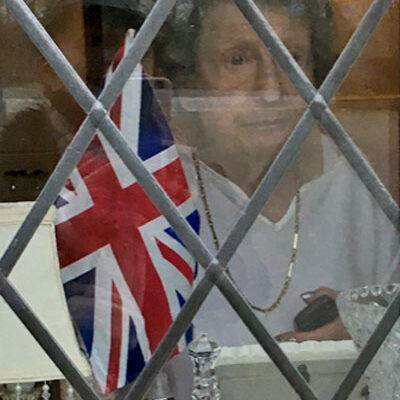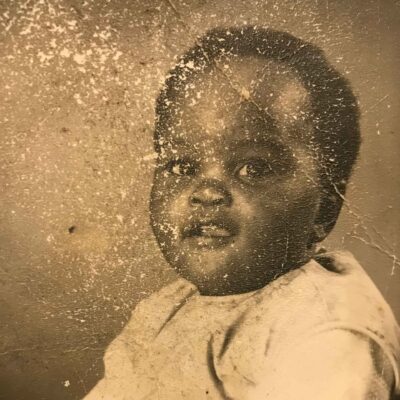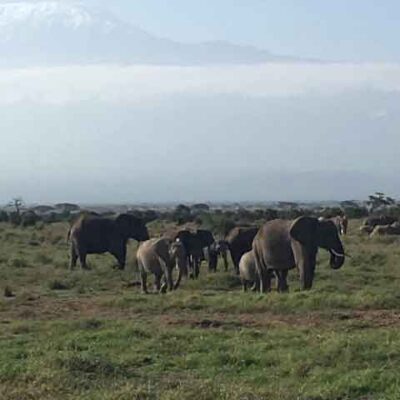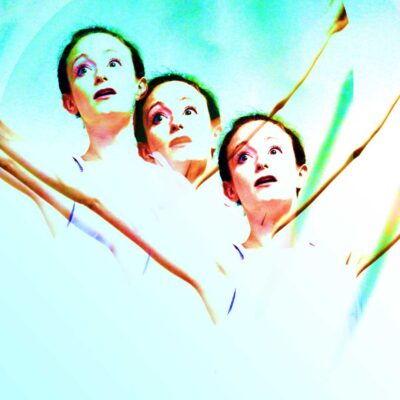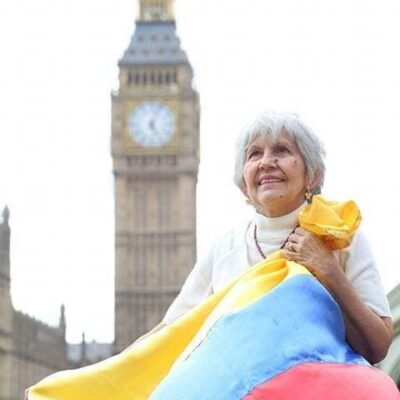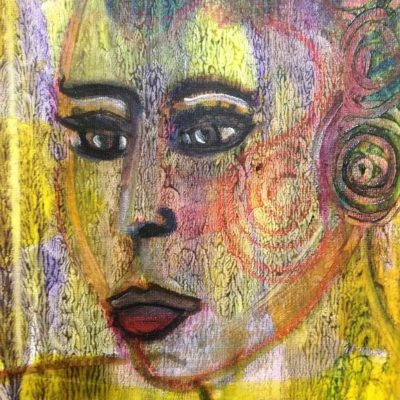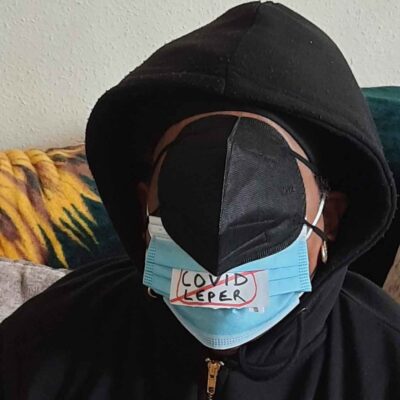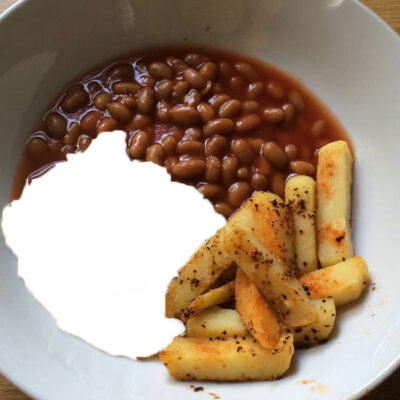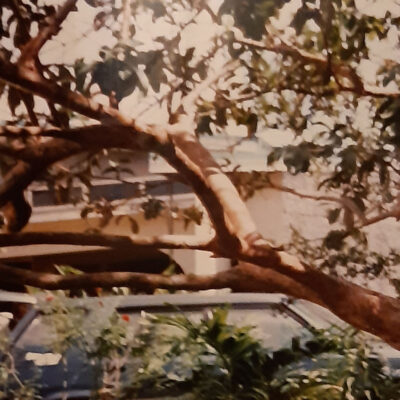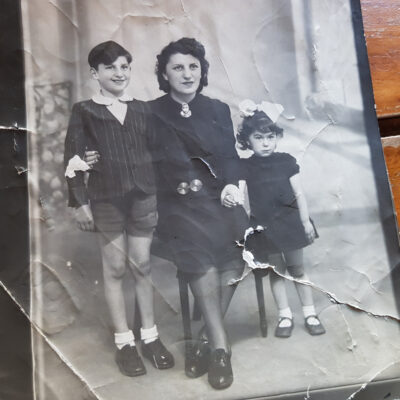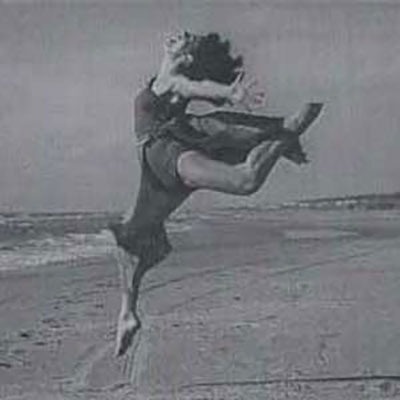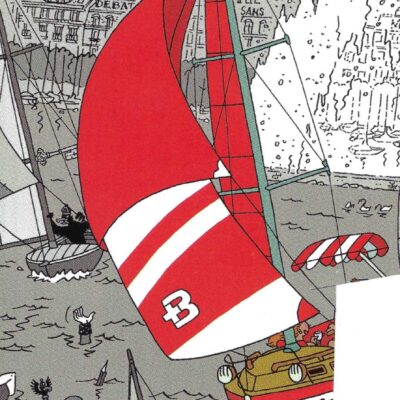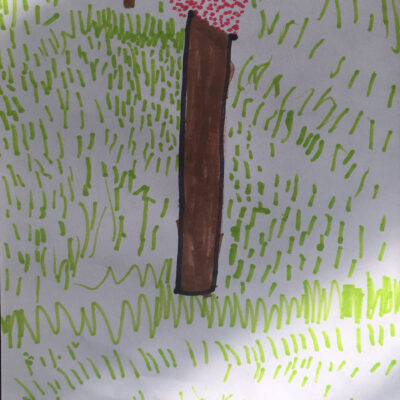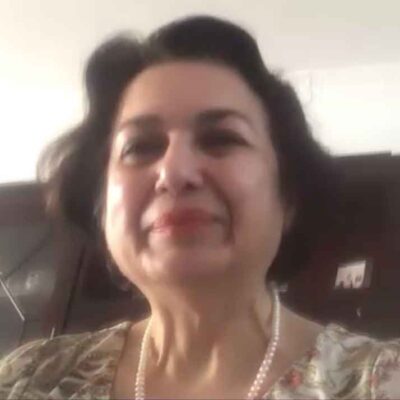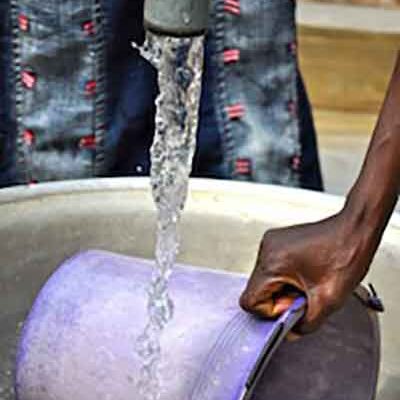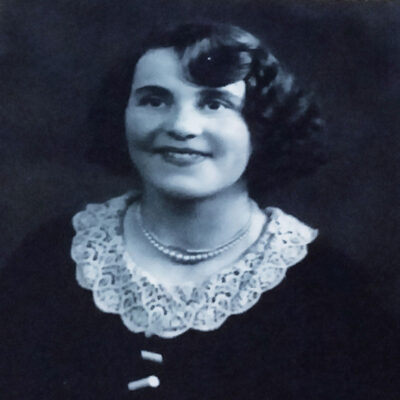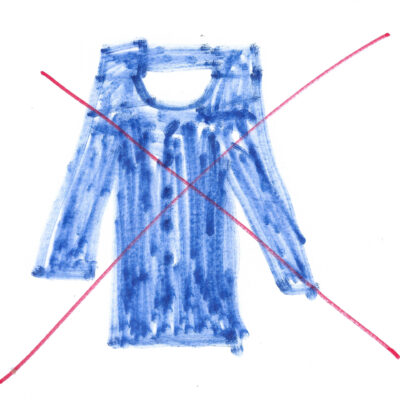Lockdown Sonata
Manuela C
creative partner and reader Julia Pascal
My life changed before I was born. What I mean to say is that, when it comes to love, we do it by inheritance. What I mean to say is that we all love in the way we inherit, not in a way of our choosing.
All her life, my mother loved only one man. He chose another, so she married my father. Until his death, my father loved only one woman, my mother. I could not stray too far from my template, even though I had no idea of my mother’s story for the first fifty years of my life. Yet, it was there, in the unspoken words that thickened the air I grew up in.
So, you won’t be surprised to learn that I loved one man, I married another. That went only so far. Unlike my mother, I would not settle into a groove of bitterness. So, I left. Unlike my father, I had no chance to be close to the one I loved. So, I left.
If I had a little contribution to this script, it was in that I managed never to lose him entirely, even if all that connected us was the odd sentence exchanged years apart. And then, I managed to see him again, after twenty eight years, when it was already too late in twenty eight different ways.
There are three moments to this story, three movements, a little like a sonata. The first movement, I just told you. The second one was at the airport. His plane was forty minutes late. I stood in the drafty arrivals lounge biting my lip and counting on my fingers: I had been waiting for twenty eight years and forty minutes precisely, yet I was not ready. Then, there he was. It makes you dizzy, I realised, having your body and soul in the same place at the same time. A brief but elongated movement.
And then, the final part, beginning with a new word that crashed into our vocabulary: lockdown. No more airports, no more reunions, nothing much besides the odd moment of shared daydreaming over the phone. Three hectares of forest in Patagonia, on the shore of Lago Lozana. A cabin we could build together from some of those magnificent trees. A cabin to be free in, a place to grow old. So difficult to choose a future. Look, a farm in Uruguay! It has ten acres of land – mostly fruit trees, a pond with fish, two peacocks and a capybara who has made its home there. There is a little house by the lake, already built, can you see? But what about my children? he says. What about their mothers? This movement is slower and longer but it ends more suddenly. You may think it ends on a question but that is a statement. Questions, sometimes, have answers; statements never do.
I do not know how to tell you a story that gives comfort. This is my inheritance, it is the only kind of love I know. There are hardly any planes in the sky, these days, and geography is crooked: the other end of Europe, where he is, and where my parents’ story let itself be endured to the end, is as far as Patagonia, where ‘we’ cannot be.
Blindfolded, hope plays a harp with one remaining string. This is the only music I know how to make.


